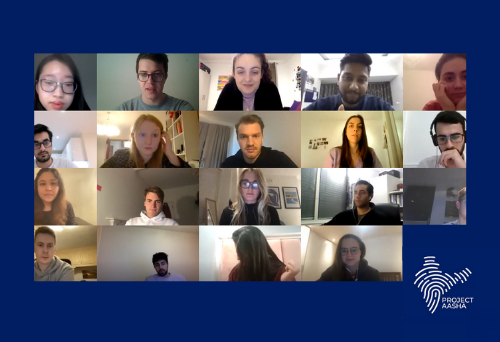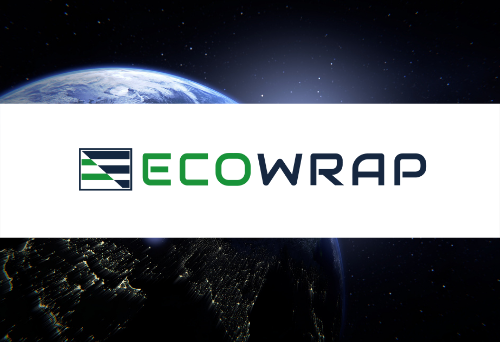During this spring I had the opportunity to work as a team leader for Project Aasha, an impact consulting project in collaboration with Head Held High, an incubator for social changemakers that develops transformational programmes to help households in rural India move out of poverty.
Our challenge: how do we measure and assess poverty in an unstructured context?
Head Held High presented two problem statements: how to use poverty indicators to assess the conditions of the households the changemaker works with, and how to measure this poverty through an appropriate tool. This would give Head Held High a much better ability to target the households that have the highest need and potential for change.
Starting from the poverty indicators, we learnt how measuring the conditions of low-income families in an unstructured context such as this one can be extremely challenging for organisations like Head Held High. Given the high degree of diversity from one area to another in a country like India, simply applying the global standardised poverty indicators resulted in only a partial understanding of what were the underlying causes of the conditions of the households. An incomplete view of the issues keeping these households in poverty resulted in difficulty to address them appropriately. Developing new indicators for the organisation through research on comparable cultures and economies, and through the deep knowledge of the organisation about this geographical area, we had the chance to gain insights on what are the different dimensions and specific situations that can lead a household to live in scarcity in India. Starting with the most common, such as healthcare, education, and livelihood, we also learnt how motivation and aspiration play a key role.
Nevertheless, the biggest challenge our team faced was the development of an appropriate tool to assess the families, based on the new poverty indicators. The kind of material constraints and harsh conditions the field workers in such an environment have to endure can often be underestimated when developing a tool of this kind, especially a digital one. Project Aasha enabled us to gain a practical understanding of the context Head Held High was working in, a perspective that was essential to come up with fully-informed solutions and one that we would not have gained elsewhere.
Overall, we hope that the new poverty indicators, the updated surveys for interviews, the model for poverty score calculations, and the tool guidelines we developed will help Head Held High with four main goals:
- Diminishing the bias and human error in the process of assessing which families have the greatest need to take part in the transformational programmes, and which have the highest potential to succeed through them.
- To increase the conversion rate of households assessed that will willingly take part in the programmes, through better recognition and understanding of their current situation and where they aspire to be in the future.
- To develop a better understanding of the underlying causes of poverty within each family. Which will then hopefully improve the rate of success of the transformational paths, by better targeting these areas and reducing the number of years necessary for the household to complete them.
- Finally, we hope that the revised methodology will help to make Head Held High’s life easier, especially for their field workers, through easier to carry and quicker procedures.
The LBS Social Impact community
One of the highlights of my experience with Project Aasha was the network of connections I could create within the school. In my team, I had the chance as a GMiM to work with a MiM, two MAM, and an MFA student, all from different backgrounds in terms of education and working experience. During the whole year, I had few chances to work with such a diverse team of Early Careers, all with a common interest in the social impact sector. Yet, the opportunities to connect with fellow students did not stop there. Our Project Managers, Sebastian and Uyen, not only supported us throughout the whole project but helped us to connect with other team leaders as well. Additionally, we had the chance to be mentored by older students from programmes like Sloan and MBA, to receive guidance from people with extensive industry knowledge and experience. Overall, this project opened opportunities for the future as well through fostering the Social Impact community at LBS.
Among all the projects I undertook during my year at LBS, Project Aasha has been by far the greatest learning opportunity. The experience not only allowed me to develop skills and gain useful knowledge for a future career in the social impact sector, but it also allowed me to work and connect with the community of people at LBS with similar goals and interests. I truly hope that this project will create a positive impact on the changemakers we worked with toward building their mission of erasing poverty in India.
The Wheeler Institute is inspired by the purpose and passion of our students who are focused on applying innovative thinking in the area of business for development. We seek collaborations with student clubs and initiatives that have the potential to evolve how we think about business.
Project Aasha is a social entrepreneurship project led by our Early Career students focussed on the strategy and implementation challenges of addressing poverty alleviation. This initiative is supported by the Student-led Learning team, which creates experiential learning opportunities through student leadership, in addition to their other initiatives such as the Student Leadership Incubator.




